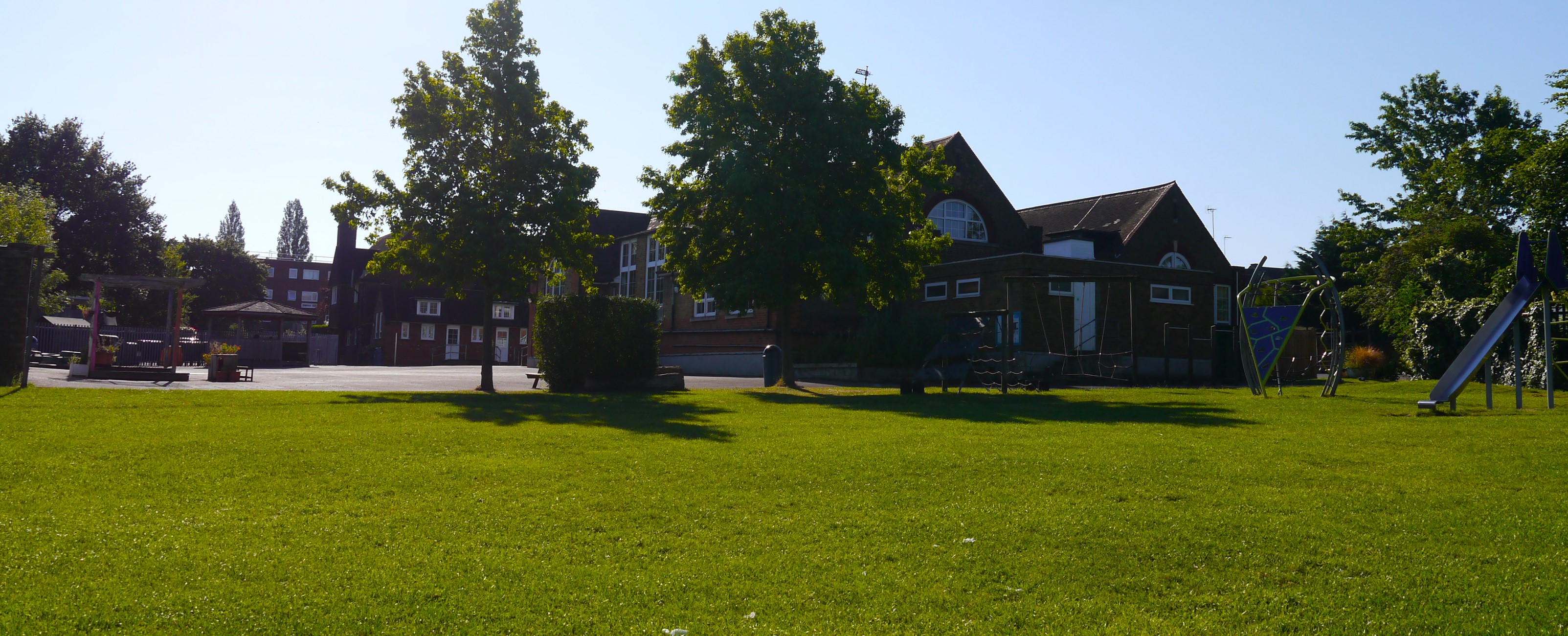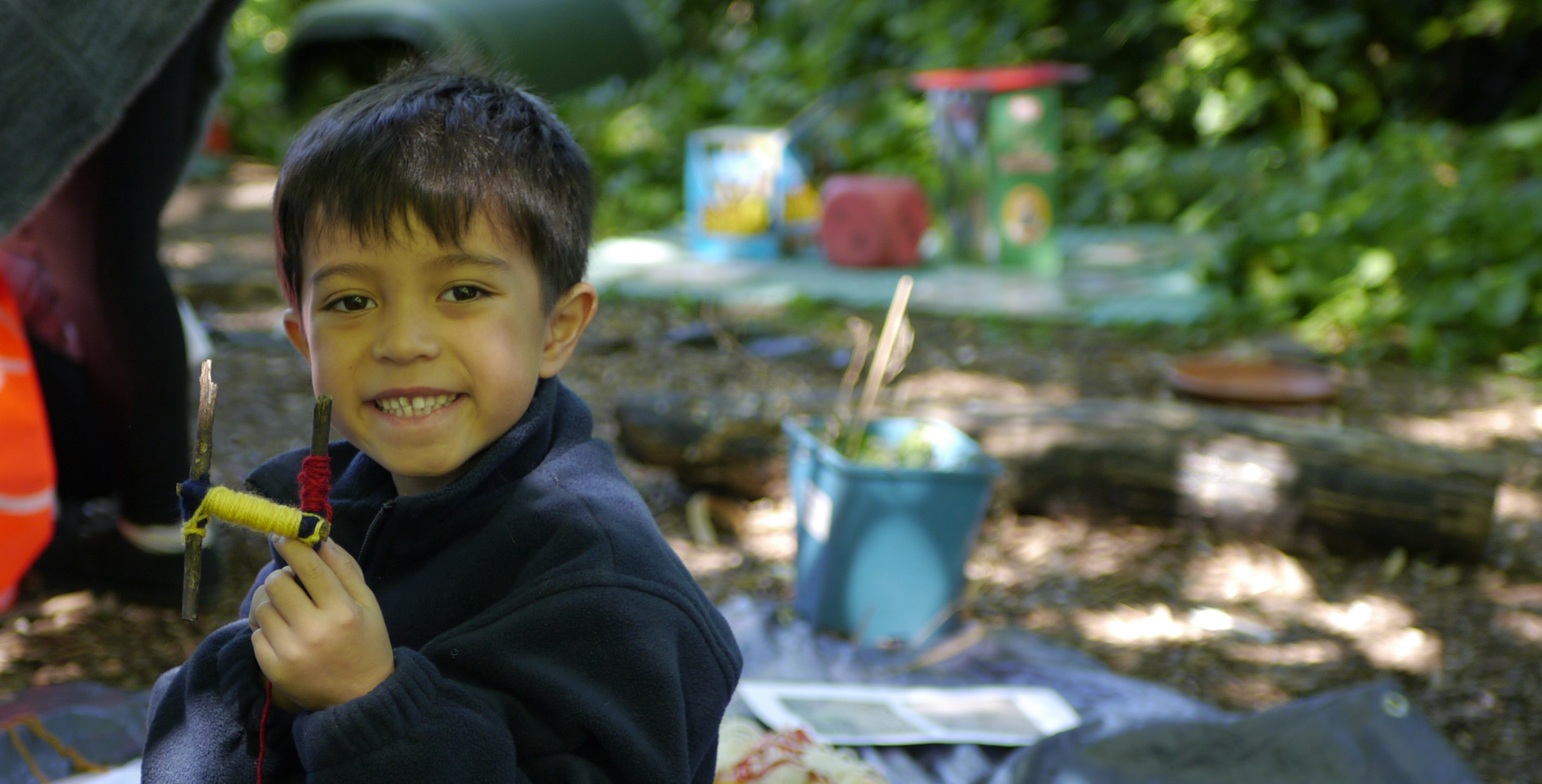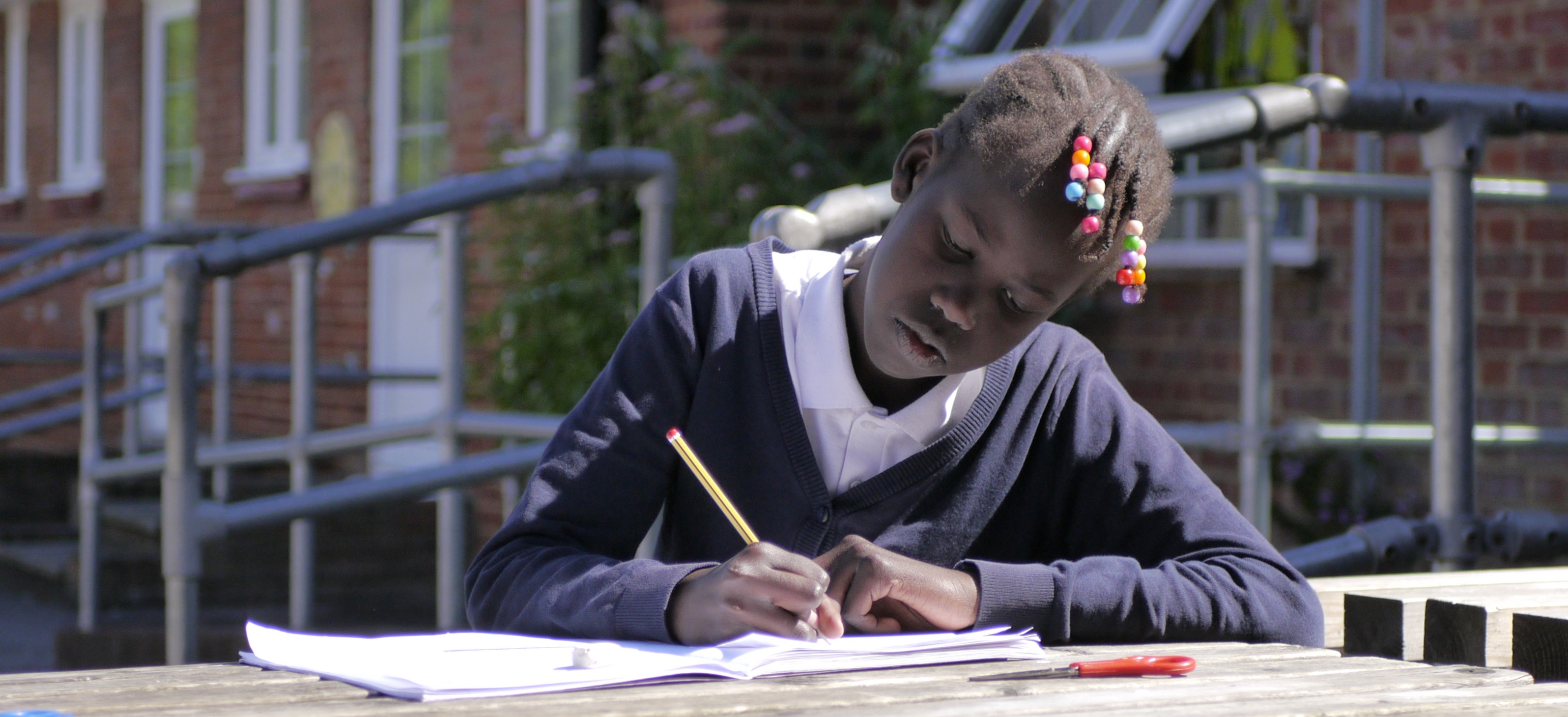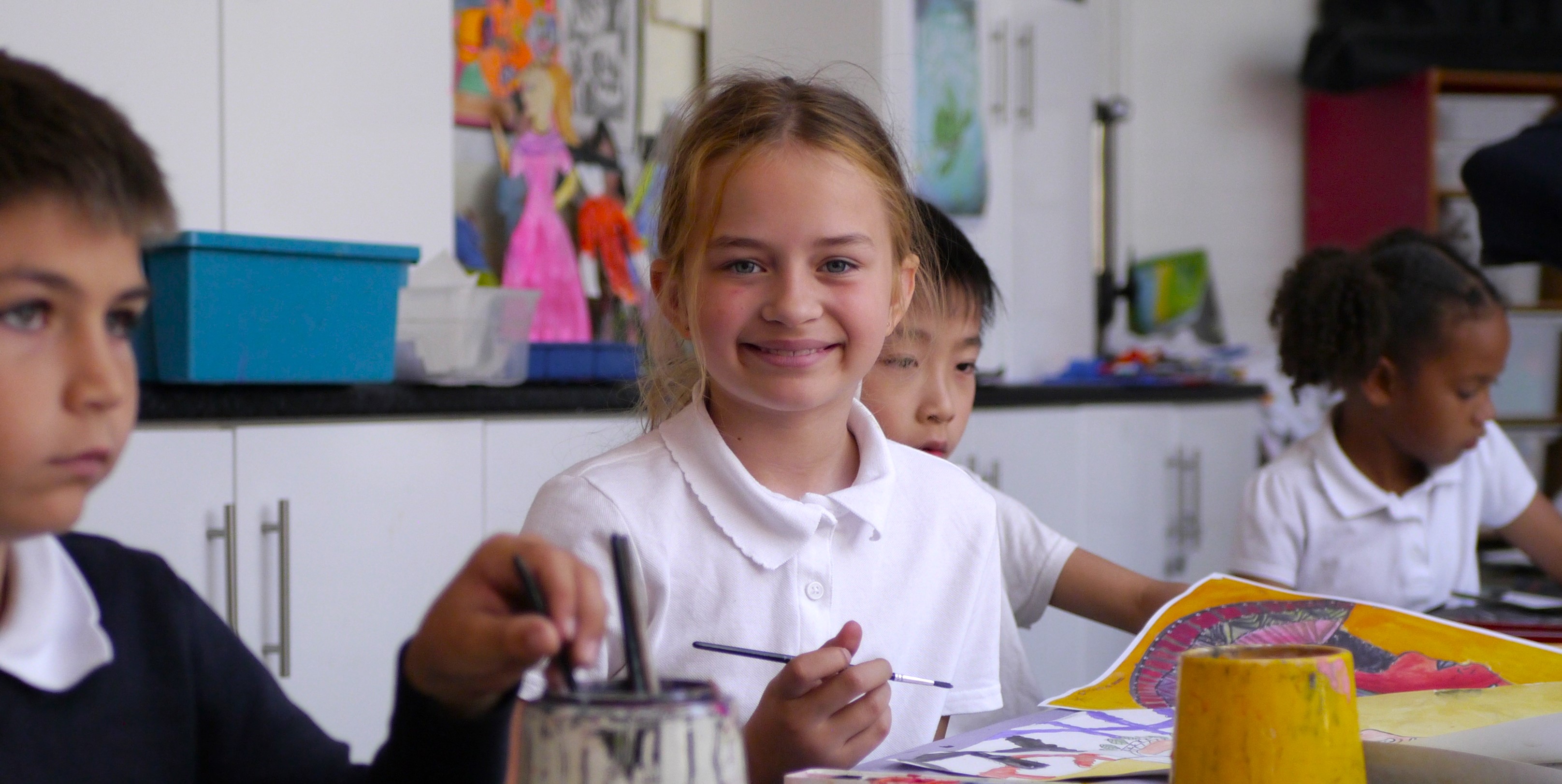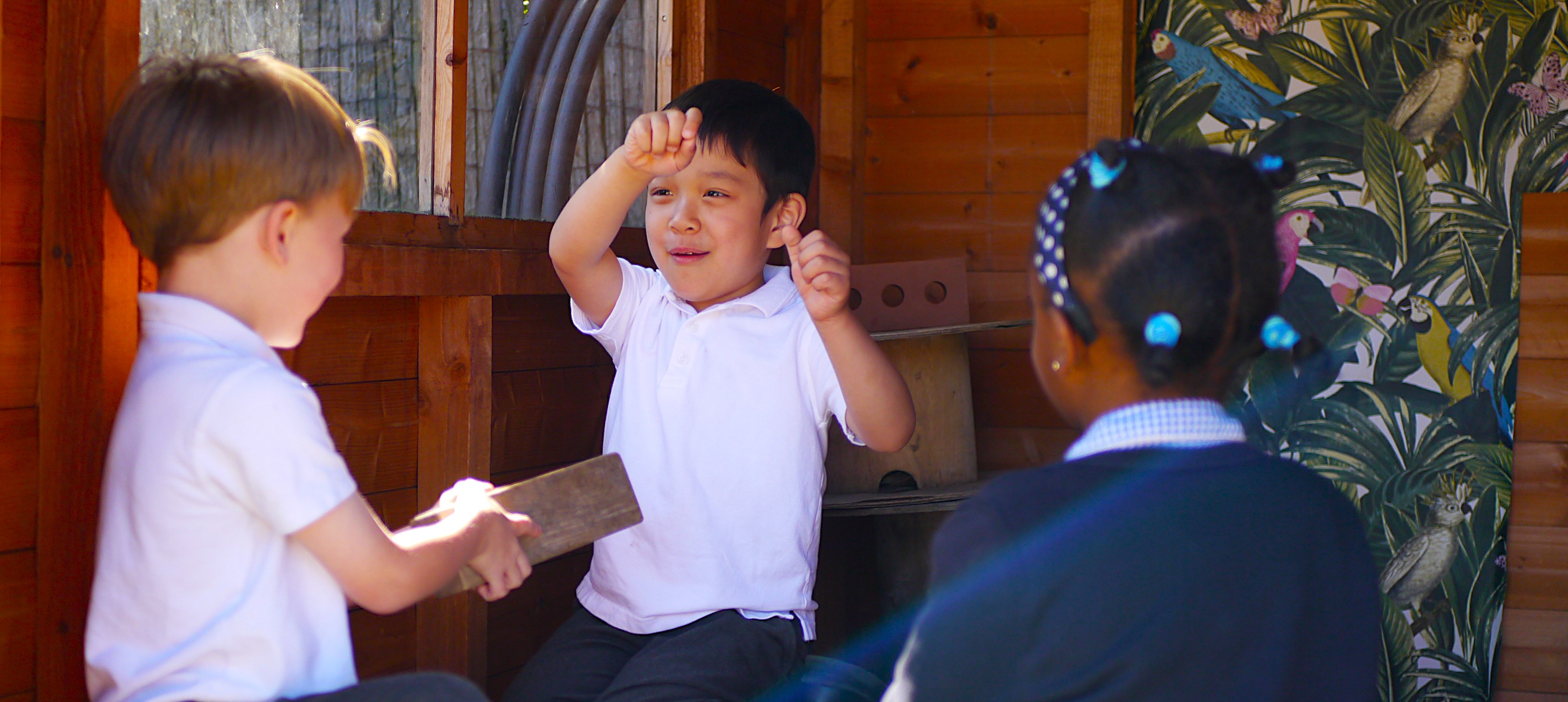Religious Education
Intent
Our Religious Education curriculum has been designed to meet the specific needs of our pupils and school community. Our intentions for RE are in line with Barnet’s Standing Advisory Council on Religious Education but have been added to in order to better reflect the needs of our children and so that our teaching of Religious Education is rooted in our school’s core values: Compassion, Creativity, Commitment, Confidence, Curiosity and Courage.
Barnet is one of England’s most religiously diverse areas. The 2011 census found that whilst 41% of people surveyed identified as ‘Christian’, 24.5% of people identified as having ‘no religion or did not state their religion and 35.5% of people identified with religions other than Christianity, including the largest Jewish population in the country (15.2%). In our school, the most common religions practised amongst our families are Islam (34.2%) and Christianity (17.9%). Just under one third of families state that they do not identify with any religion. With this local and school information in mind, we believe that teaching RE is integral to achieving a whole school curriculum which promotes the spiritual, moral, cultural and social development of our pupils, and prepares them for the opportunities, responsibilities and experiences of later life. We value the diverse beliefs within our school and local community and develop partnerships with parents and others to enhance our RE curriculum.
Our Religious Education curriculum is designed with the aim that all children:
• Develop an understanding of the six major world religions and how these influence the beliefs, values and traditions of individuals in our school community and beyond
• Develop the ability to recognise the similarities and differences between themselves and others both within and beyond our school community.
• Develop a positive attitude towards, and celebrate living within, a religiously diverse society.
• Show tolerance, compassion and respect for those of the same religion, different religions and no religion.
• Confidently share their own beliefs, both religious and non -religious with others.
• Understand that for some people religious beliefs play an important role in influencing their decisions on moral and ethical issues.
• Reflect on what influences their moral decision making, including their religion, where appropriate.
Implementation
We teach RE through an enquiry-based approach using Discovery RE as a starting point. This sets out the knowledge and skills that we expect children to gain from each unit taught. We adapt Discovery RE to ensure that in each year there is coverage of a selection of different religions. We sequence the curriculum so that children revisit each of the 6 major world religions regularly, building an increasingly deep level of knowledge and understanding. Teachers must follow the units of work as outlined on the 2022-3 Religious Education Curriculum Map.
We ensure that each unit is compiled of carefully sequenced lessons that work towards children being able to reflect upon and respond to a key enquiry question which we call ‘The Big Question’. This year, the subject leader is beginning to work with teachers to create detailed unit plans for each unit of work.
We use skilful questioning to promote deeper thinking. Our questioning scaffolds children’s thinking and builds towards ‘The Big Question’.
We encourage children’s own questions to further their knowledge and understanding.
We explicitly teach new vocabulary which is modelled and visibly displayed.
We use high quality visual and real resources wherever possible rather than generic or low quality images.
We encourage children to make links between religions and their prior learning so that they progressively build deeper knowledge and understanding.
Whilst understanding that Religious Education can have many cross curricular links, for children with SEND we do not allow a barrier to literacy, to be a barrier to Religious Education. Children are given the opportunity to capture and record their learning in different, flexible and creative ways in order to be able to express themselves effectively.
Teachers have positive relationships with their students and their families and know about the diversity and different religions represented in their class. This is used to inform planning and ensures that all children are appropriately challenged.
We recognise when children may be an ‘expert’ in their religion and harness this to develop their confidence, communication and reflection skills to benefit them and their class.
We provide the children with a wealth of first hand experiences to foster a sense of awe and wonder, including opportunities to visit a place of worship linked to each of the six major world religions throughout their time with us.
We place a strong emphasis on the importance of our partnership with parents, carers and our local community and value their input and involvement in the teaching of Religious Education.
The Early Years Foundation Stage is a vital stepping stone to the KS1 curriculum. In the EYFS, the children’s study of Religious Education begins with supporting them to understand what is special about them and their families. The children then explore different festivals including Easter, Christmas, and special places, including places of worship. The children also explore what can be learnt from stories from different religions.
Impact
As a result of our Religious Education curriculum our children:
Are curious about their friends and other people in and beyond our school community.
Have the courage and the confidence and vocabulary to speak up about things they believe in and that are important to them, and to ask questions about different beliefs including religious beliefs and practices.
Use new subject-specific RE vocabulary confidently and appropriately in their conversations and/or writing.
Feel valued by their peers and school staff and are confident that they can achieve and that their opinion matters.
Feel a sense of belonging to their school and local community and can personally identify with some of the aspirational role models they have met during their RE experiences including visits by parent visitors and local religious leaders.
Have had meaningful, first-hand experiences that have fired their curiosity and exposed them to ways of life different to their own.
Deepen and express their knowledge and understanding in creative ways.
Have a secure and confident knowledge of the key beliefs and practices of the six major world religions, and commonalities and differences between these religions and belief systems.
Demonstrate respect for people of all faiths and no faith in line with our whole school ethos which is underpinned by our values, and understand the importance of showing compassion to others.
Talk confidently about what shapes and influences their moral and ethical decision making.
Understand that following a religion requires commitment and are able to talk about the benefits of being committed to something whether a religion or other belief system/group.
